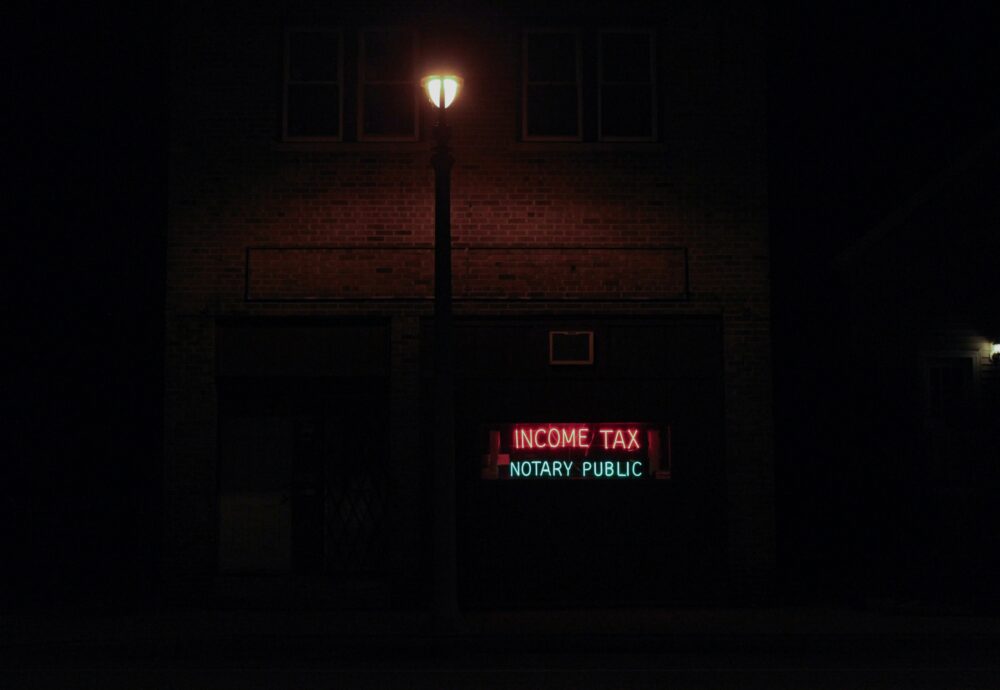[ad_1]
How your pay will change this month
We’re all now paying a decrease price of Nationwide Insurance coverage…however does this imply additional cash in your pocket? Properly, not precisely. On 6 April, the Authorities made its second lower to Nationwide Insurance coverage contributions (NICs) this 12 months.
It’s a decrease tax on our earnings and round 29 million staff are anticipated to profit. The Authorities claims the typical employee may save nearly £900 because of the 2 reductions.
All of it sounds somewhat good, doesn’t it? Properly, what if we instructed you it’s not fairly what it appears. Actually, you’ll discover that many people received’t see any distinction to our take-home pay and a few could also be even worse off.
However permit us to elucidate. Right here’s every thing you’ll want to know in regards to the Nationwide Insurance coverage modifications and the way they’ll have an effect on you.


Some articles on the weblog include affiliate hyperlinks, which offer a small fee to assist fund the weblog. Nevertheless, they received’t have an effect on the worth you pay or the weblog’s independence. Learn extra right here.
What’s Nationwide Insurance coverage?
In a nutshell, Nationwide Insurance coverage is a tax on earnings (or earnings in case you’re self-employed). You begin paying NICs from the age of 16 in case you earn greater than £242 every week from one job.
Your contributions go in direction of funding state advantages, such because the state pension, jobseeker’s allowance and maternity depart.
They’re additionally key to serving to you entry your individual State Pension. While you pay NICs you earn Nationwide Insurance coverage credit. You want 35 qualifying years to get the complete State Pension.
Within the years you’re not incomes sufficient to pay Nationwide Insurance coverage, say in case you take day without work work to care for kids, you can nonetheless be eligible for credit.
For instance, you get them routinely in case you declare Baby Profit, Jobseekers Allowance and Carers Allowance. You may as well fill any gaps by making voluntary contributions.
So, what’s altering?
The Nationwide Insurance coverage price has been lower – once more. The primary discount got here on January 6 taking it from 12% to 10%, on earnings between £12,750 and £50,270 a 12 months.
The modifications have been introduced in November’s Autumn Assertion by Chancellor of the Exchequer, Jeremy Hunt, who claimed the typical worker £450 a 12 months (primarily based on a £35,400 wage).
And from 6 April, staff pays a price of 8% – a lower of two share factors – including nearly £900 to the take-home annual pay of a mean employee since January.
What isn’t altering is the two% Nationwide Insurance coverage price on earnings above £50,270.
How a lot will I save?
Let’s take a look. The chart beneath offers you a common thought of how way more you’ll be taking house, following the cuts, primarily based in your annual wage:
It’s excellent news for heaps of people that’ll be paying much less Nationwide Insurance coverage and there’s enormous financial savings in case you’re the next earner.
BUT (and it is a massive however), whereas a lower to Nationwide Insurance coverage is nice, and can end in financial savings for hundreds of thousands of individuals, what the Authorities has given with one hand, it has taken with the opposite.
Get the most effective of our cash saving content material each Thursday, straight to your inbox
+ Get a £20 Quidco bonus (new members solely). Extra particulars


What a (fiscal) drag!
By protecting tax thresholds frozen till 2028, increasingly more individuals can be pulled into the fundamental and better tax brackets. This is called the somewhat catchy time period, ‘fiscal drag’. And it truly is.
What it means is, the additional revenue tax many people can be paying within the subsequent few years will eat into the financial savings we’re making on Nationwide Insurance coverage. Actually, in case you earn beneath £26,000 you’ll be worse off as will these on salaries over £60,000.
The chart beneath, lays out precisely how way more tax you’ll be paying because of fiscal drag:
Solely middle-earners will profit total, whereas decrease and higher-earners can be hit by way more tax.
What if I’m self-employed?
In case you work for your self, you’ll see modifications to your Class 4 and Class 2 NICs from April 6. The principle price of Class 4 NICs will cut back from 9% to six% on earnings between £12,570 and £50,270. The two% cost above this isn’t altering.
Class 2 NICs are being scrapped altogether. These have been a hard and fast weekly price of £3.45 for individuals with taxable earnings of greater than £12,570 a 12 months.
In case you earn between £6,725 and £12,570, you’ll get Nationwide Insurance coverage credit routinely. And in case you earn lower than £6,725 you may nonetheless purchase Class 2 NICs to construct up your qualifying years so you may entry advantages such because the State Pension.
In case you earn annual earnings of £28,000, you’ll save £650 a 12 months, from each modifications.
[ad_2]
Source link










